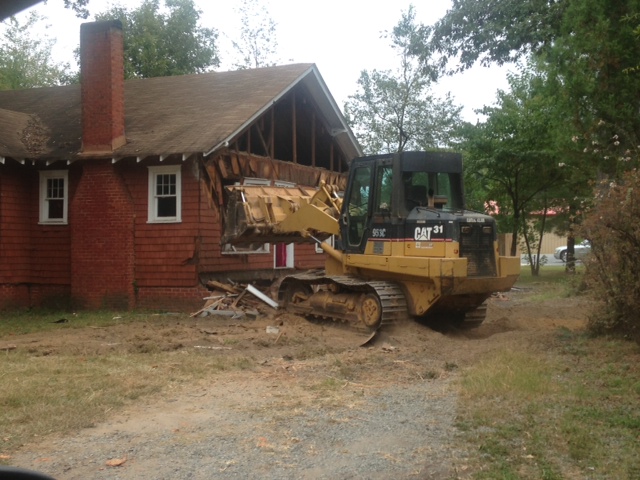You know that saying, “Time heals all wounds”. Well –it applies to real estate investing too! I just received a ‘Payment in Full on one of my first hard money loans I made on a piece of real estate from back in 2003. If I told you it involved an arson, tenant lawsuit, sheriff sale on junior lien, title issues, and at least 50 lost checks in the mail would you believe it???

Is your asset secure?
It’s true. What I want you to know is that like purchasing a piece of property to fix and flip or rent out, lending money has its perils too. Too often I get real estate investors coming to me ‘after-the-fact’ wanting advice on how to handle a non-performing loan they made to a fellow real estate investor. Scarily, sometimes these are kitchen table closes with no recorded documents (such as a Deed of Trust), unsecured, and/or contradicting paperwork.
Here is my advice: Trust no one
We all make mistakes and I’ll tell you the story of one of my first loans I made when I transitioned from just a real estate investor into becoming a hard money lender in Charlotte, North Carolina too. Back in 2002-2003, I was investigating the laws and regulations of lending against real estate and eager to drum up business. I had found a local investor whom needed the purchase funds to pick up 2 low-income rental houses and believed the cash invested versus the value of the real estate made sense. I even employed an attorney to draw up all the paperwork, such as the deed of trust and promissory note, not to mention obtain lenders title insurance to cover my loan.
I was excited. Ready to get money working and make a good return on a investment completely secured by rentals. What I didn’t know the day I entered that agreement was that it would be 16 years later until I was completely cashed out and no reason to deal with the dysfunction that traveled with my borrower.
Patience is key to life
One would think the following would be a compilation of things that go wrong from many loans; sadly, all of the following occurred with just this one:
- Fire that destroyed 1 of 2 homes
- Tenants that sued & won (against owner/borrower) a money judgement for unfit conditions
- Sheriff’s sale (auction) of said junior lien
- Inaccurate/incomplete legal description in Deed of Trust
- Incarcerated /deceased attorney that create the paperwork/closing
- Lawsuit against junior lienholder/new property owner to enforce note
- Forced Place Insurance
- Non-consistent payments from borrower
- 50+ lost checks in the mail!
Crazy huh!?! All of this and more all rolled up into one loan. Now I have funded hundreds of loans over the years and have many, many stories but this one takes the prize.
So your asking.., what did you do right???
Two things. The amount of money I lent was less then the value of the property, and I obtained Lenders Title Insurance for my entire loan amount at the initial funding/closing. Now for the inexperienced, I was fortunate to create an amortizing loan that had principal pay down as part of every payment that I received. That allowed me to collect all past due/non-paid interest, late fees, and attorney’s fees upon settlement. You see the Title Insurance policy will only pay up to that amount that one obtains insurance for.
So what do we do as Lenders to protect ourselves?
I mentioned a fews idea’s above. No matter if your lending some excess personal money or from your IRA – 401K. You need to be secured. You need the advice and assistance of a real estate attorney. Your paperwork must be clean, reviewed, a fire insurance policy, and one must have lenders title insurance. This is all at a minimum. I haven’t even touched on your future partner -the borrower.
So to reiterate, a lender needs at a minimum:
- Collateral (property and/or other assets) secured by a Deed of Trust/Mortgage and/or UCC
- Real Estate Attorney to assist/create/close the loan documents/funding
- Fire Insurance Policy with you/loan listed as Loss/Mortgage Payee
- Lenders/Mortgage Title Insurance
This is just a few of many things one must do to make a good investment in the form of a loan. After-all, assuming you’ve bought property, how much work and investigation did you do before purchasing? How much should you do so you don’t have a nightmare investment like mine?
The key is to be patient, get educated, and take logical steps. If your into a deal and it goes bad. Do not panic. Step back. Seek advice, and construct a plan of action that appears to be the best course to take.

